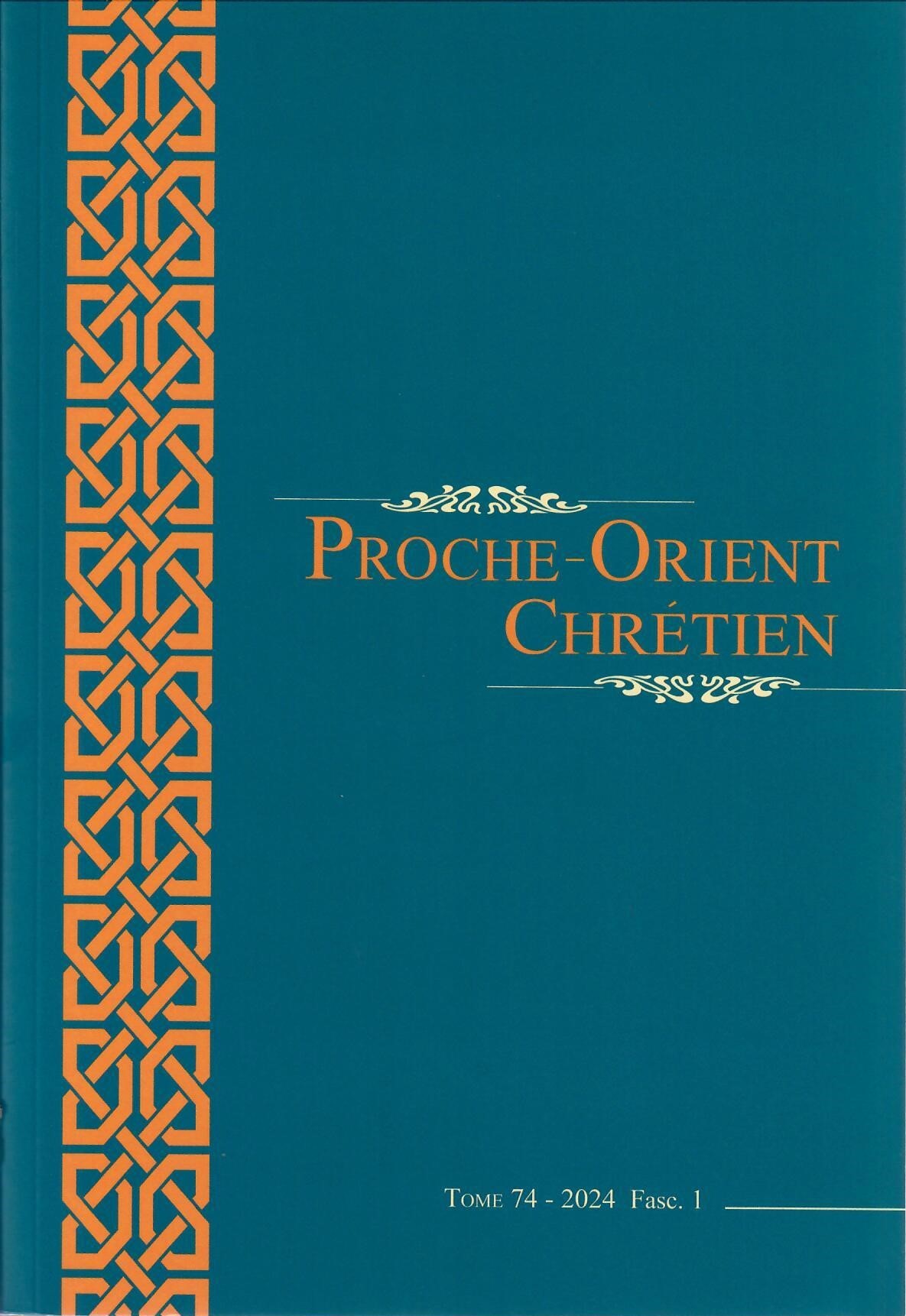Abstract
The Greek Melkite synod of ‘Aïn-Traz (1909) represents an attempt to reconcile papal prerogatives and the privileges of Eastern patriarchs. Despite its extensive legislative corpus, its acts were never approved by Rome. The article analyzes the underlying ecclesiology, particularly the conception of the Church, Roman primacy, and the patriarchal institution. While affirming papal primacy and infallibility, the synod also insisted on the autonomy of the patriarchate and synodal power. This approach aimed to reconcile Eastern and Western traditions. However, Rome viewed this assertion of independence with a critical eye. The author advocates for a renewed Eastern ecclesiology, preserving the balance between primacy and synodality within the Eastern Catholic Churches.

